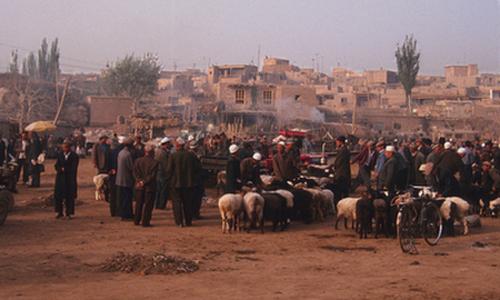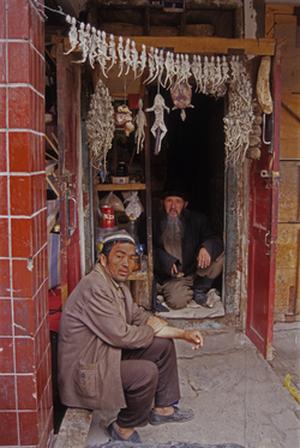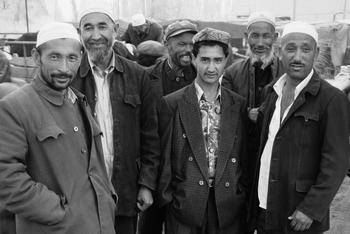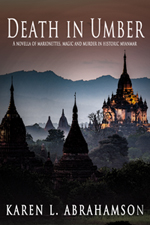Zen and the Art of Travel
This topic came to mind as I was running around through the frantic holiday seasons. Too many people, packed too close together and all of them trying to get too much done too fast under too much pressure. No wonder there were so many unhappy faces. I’ve seen the same look of tension on my face when I’m in the midst of a novel and things don’t feel like they’re working well. I can’t tell you the number of times I’ve called writing colleagues and gained their help to talk me through days of angst and despondency.
The same sort of tension can be experienced when you travel.

You’re in a strange place, with a strange language so you can’t express yourself and as a writer that’s something you need to do. You don’t understand the logic or the cultural norms of the place and the people and that alone is frustrating. The fact you don’t necessarily know where you are, or how to get to the place you want to go, all add to the tension and vulnerability a traveler feels. This not knowing how to get from point A to point B (or even what point B should be) are both anxieties a writer feels, too.
So how do you react?
I know that both at home and abroad, when I’ve felt vulnerable and tense I’ve barked at people—and usually felt bad about it afterwards. The trouble is, we North Americans feel quite comfortable showing our displeasure at something. Often it’s a matter of blaming someone else for how we are feeling, but that’s not the way it is in most parts of the world. In many parts of the world just showing such negative emotion is considered rude—or worse.
My lesson in this came travelling in Burma. There I was, all 6 foot 1+ of me about to travel by local bus from Yangon to fabled Mandalay. I was careful. I did the right things. I made sure I was on an air-conditioned vehicle, had a seat by the window, and that I wasn’t at the rear of the bus. Well the best laid plans oft go awry, they say, and so it was for me. The first clue was when I arrived at the bus. Sure I had a window seat and I wasn’t at the rear. Nope. I was seated over the left front wheel well which meant that all the foot room in the seat was gone.
Okay, tension there.
Then it turned out my seat partner was a stout little man who was wide enough (or I was – it’s all a matter of perspective) that it was impossible for us both to lean back in our seat at the same time.
Okay, frosted now.
So we leave Yangon with me fuming and travel north into the dry lands south of Pagan and the air conditioning broke down. (Did I mention that NOTHING works in Burma?) And then the bus overheated so we had to keep stopping to cool the engine. And on. And on. And on. For hours.
I was furious. I was fuming.
Until I noticed something.
That stout little man never once leaned back and he never once stopped smiling.
He shared his foot space with me and every time we came to a stop, he made sure I got off the bus, got food and found my way around. The entire group of passengers took me under their wing, laughing when I doused my head under a water tap, being gracious when I shared my snacks (Good old M and Ms travel exceedingly well) and making sure I got back on the bus in time. What I learned from those people was patience. When my legs cramped up from their position or the heat became unbearable, I just had to look at my Buddha-shaped travel companion to remind myself that the Buddhist philosophy is that all things pass away, and so, too, would this bus ride.
 And really, in the whole scheme of things, how bad was a twelve hour bus ride anyway? I made friends, I saw the country and I learned a vital skill that helps me to this day in my writing and travel.
And really, in the whole scheme of things, how bad was a twelve hour bus ride anyway? I made friends, I saw the country and I learned a vital skill that helps me to this day in my writing and travel.
Patience.
For every bad day, for every time that the words have to be pulled like hot coals from my brain or my wrists burn with pain, or I’m lost in another country, this too will pass. And when it’s over I’ll have learned so much along the way.












